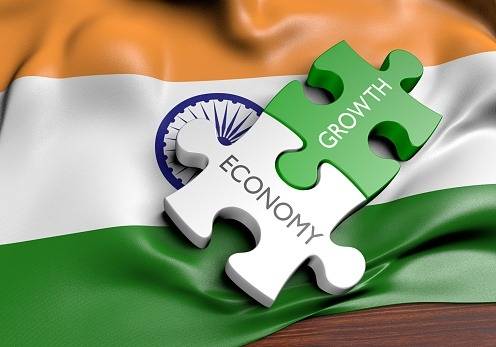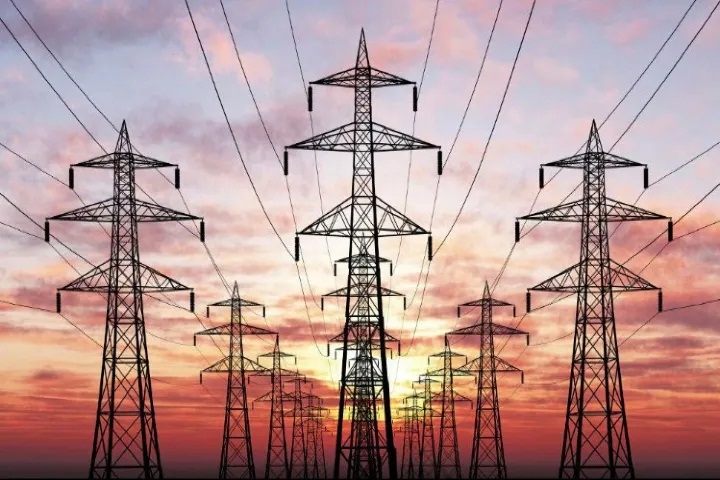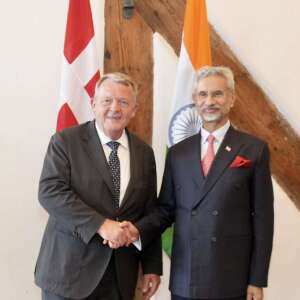Despite the downward revision, the growth estimate for FY23 is higher than for almost all major economies..reports Asian Lite News
Despite strong global headwinds and tighter domestic monetary policy, if India is still expected to grow between 6.5 and 7.0 per cent, and that too without the advantage of a base effect, it is a reflection of India’s underlying economic resilience; of its ability to recoup, renew and re-energise the growth drivers of the economy, Economic Survey 2022-23 has noted.
Monetary tightening by the RBI, the widening of the Current Account Deficit (CAD), and the plateauing growth of exports have essentially been the outcome of geopolitical strife in Europe.
As these developments posed downside risks to the growth of the Indian economy in FY23, many agencies worldwide have been revising their growth forecast of the Indian economy downwards.
These forecasts, including the advance estimates released by the National Statistical Office (NSO), now broadly lie in the range of 6.5-7.0 per cent. Despite the downward revision, the growth estimate for FY23 is higher than for almost all major economies and even slightly above the average growth of the Indian economy in the decade leading up to the pandemic, the Survey said.
IMF estimates India to be one of the top two fast-growing significant economies in 2022. India’s economic resilience can be seen in the domestic stimulus to growth seamlessly replacing the external stimuli.
The growth of exports may have moderated in the second half of FY23. However, their surge in FY22 and the first half of FY23 induced a shift in the gears of the production processes from mild acceleration to cruise mode.
Manufacturing and investment activities consequently gained traction. By the time the growth of exports moderated, the rebound in domestic consumption had sufficiently matured to take forward the growth of India’s economy.
Private Consumption as a percentage of GDP stood at 58.4 per cent in Q2 of FY23, the highest among the second quarters of all the years since 2013-14, supported by a rebound in contact-intensive services such as trade, hotel and transport, which registered sequential growth of 16 per cent in real terms in Q2 of FY23 compared to the previous quarter.
Although domestic consumption rebounded in many economies, the rebound in India was impressive for its scale, the Survey said.
It contributed to a rise in domestic capacity utilisation. Domestic private consumption remains buoyant in November 2022, as indicated by Motilal Oswal’s Economic Activity Index. The index estimates that private consumption grew at a five-month high pace of 5.6 per cent YoY, driven by auto sales and broad-based expansion of services.














